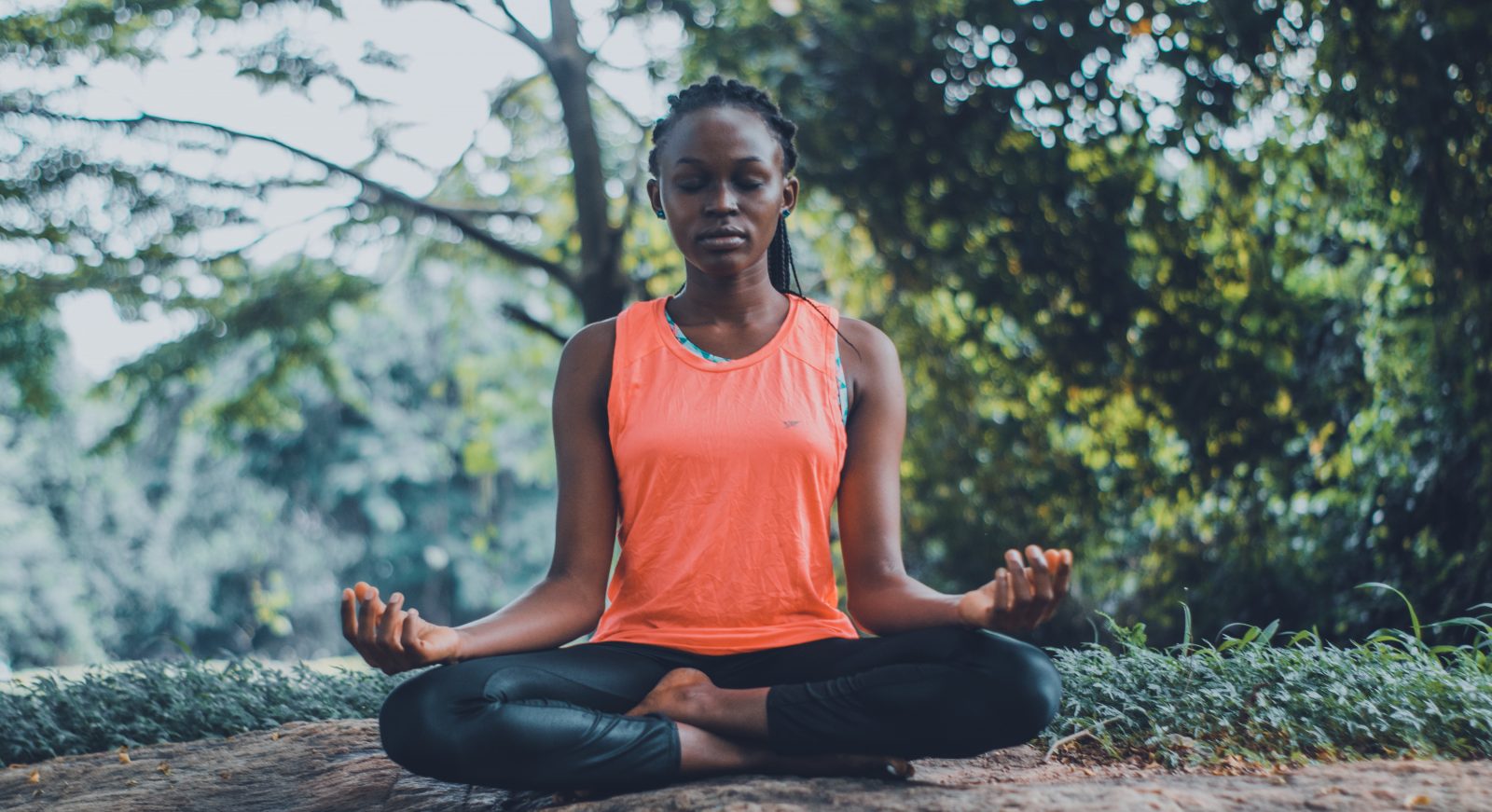A National Mental Health Crisis
American Psychological Association
New research finds adults in the United States are feeling their highest levels of stress since the pandemic began last year. One of Britain’s leading psychiatrists has warned that “all the dials are pointing the wrong way” on the nation’s mental health, as he raises concerns of post-traumatic stress disorder (PTSD) among patients and NHS staff in the aftermath of the pandemic.
“He warned that between a third and a half of people who had been ventilated in hospital as a result of Covid-19 experienced symptoms of PTSD, along with 20% of staff working in intensive care.”
The Guardian
How do we manage our stress?
It can feel overwhelming to tackle the source of stress, especially given that they stem from what is an unprecedented global event. However, you can learn to identify what stresses you and how to take care of yourself physically and emotionally in the face of stressful situations.
Last week we asked our network how do you take care of yourself during stressful times?
72% of respondents voted physical exercise as their activity of choice, compared to 5% choosing meditation, 7% watching TV and 16% seeking creative outlets.

Some additional stress management activities include:
- Healthy diet
- Self-care
- Finding a new hobby
- Self-development
- Logging off technology
- Seeking professional counselling
Leveraging technology to reduce stress
Despite the argument that technology has added some stress to our lives, it has created an opportunity for advanced connectivity and stress management. Stress can impact health and increase risk of heart disease and stroke. Therefore, monitoring stress is vital as ultimately it can save lives.
Wearable technology can provide continuous monitoring and/or spot checks of stress levels. Monitoring your stress over a period of time allows you to see patterns and gain valuable insights into your health and wellness. Through HeartKey®’s EKG technology, you can accurately monitor your stress levels over a period of time to help you understand and manage what your body is going through, enabling you to take action to reduce your overall stress.
